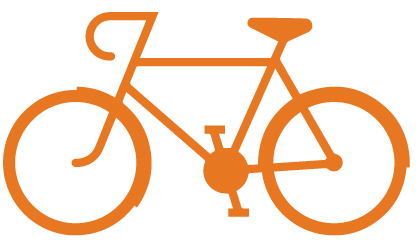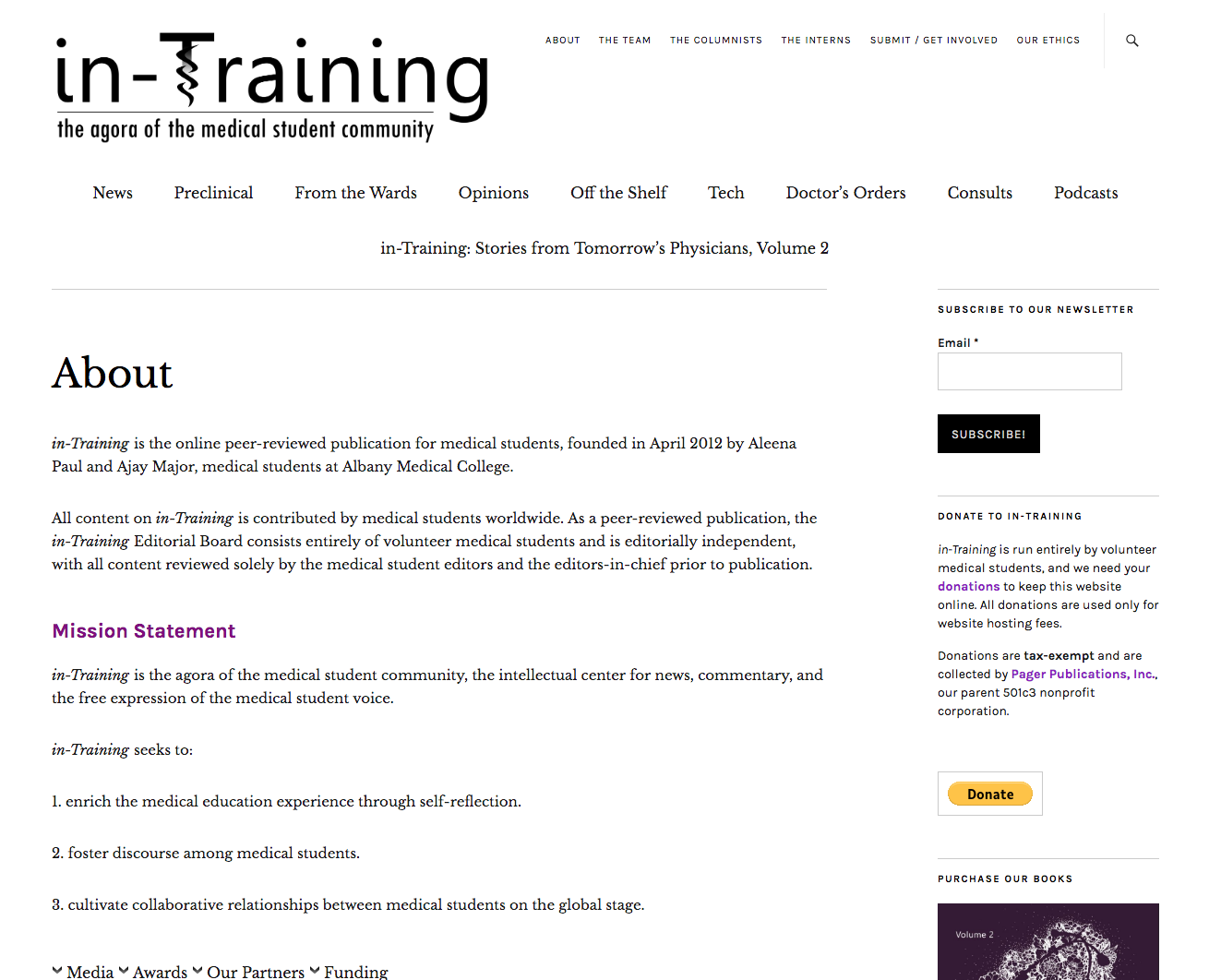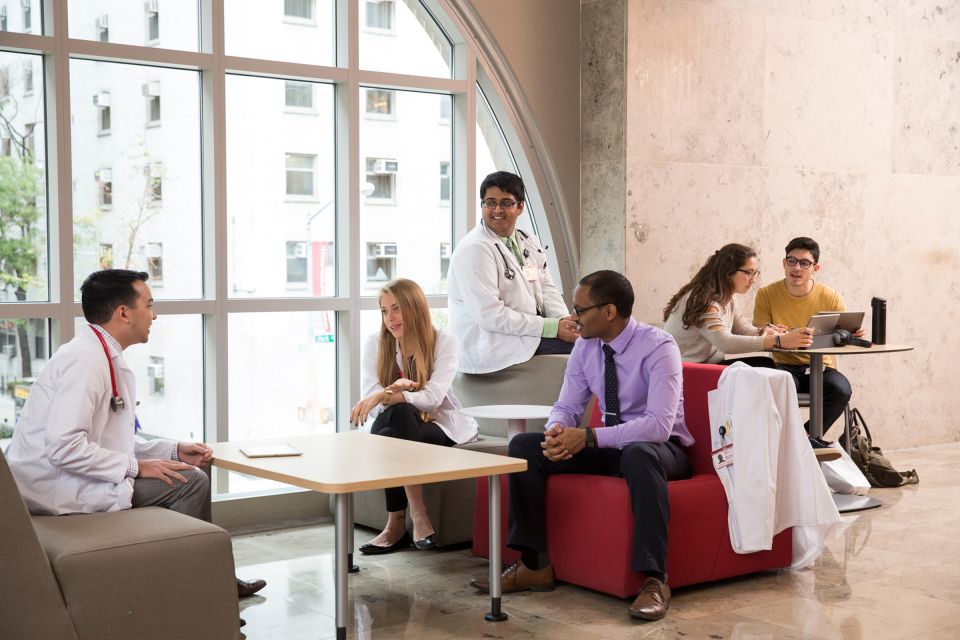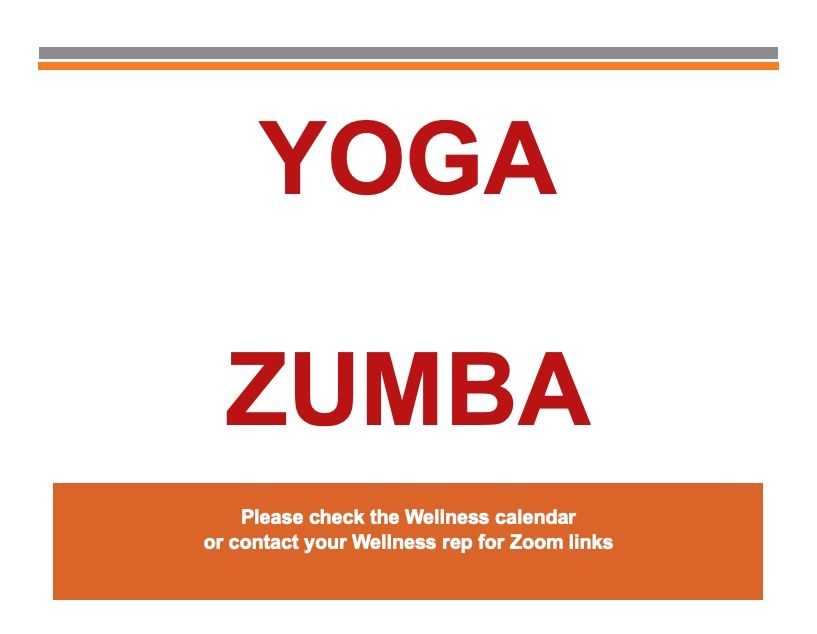Components of Well at Weill
Well at Weill offers a range of ways for students to learn about and implement practices, habits and mindsets that will help them stay well for the long-term – for satisfying lives and careers in medicine.
- Programming: Well at Weill organizes and supports a range of different scheduled activities for students to participate in, from learning sessions about aspects of wellbeing, to student gatherings that promote community and special interests.
- Examples include an interactive session about financial wellbeing, arts and crafts with snacks, and visits with therapy dogs.
- Physical activity and recreation: Well at Weill, and the Office of Student Life, help to oversee and support resources for student physical activity.
- Activity and recreational resources include the student exercise facilities in Olin and Lasdon, and scheduled yoga and Zumba sessions for students.
- Transition to Medicine (TTM): TTM is an educational and experiential longitudinal program for WCM students, starting in the M1 year, that introduces high-yield information and skills that students can draw upon as they progress in their training.
- The content included in TTM is evidence-based and drawn from such fields as positive psychology, behavioral medicine, sports psychology, and mindfulness.
Beyond the structure of Well at Weill, WCM students will also develop and strengthen their personal and communal wellbeing through other areas of their experience, in and outside of the “classroom”. Wellbeing is not the absence of stress – it is drawn from the capacity to engage flexibly with stress in a way that improves body and mind overall. In your interactions with a variety of WCM offices and programs, your participation in Student Organizations, your involvement with Student Advising, your Informal interactions with other students, staff and faculty, your pursuit of personal hobbies, and your rigorous days of clinical and scientific training, we hope you can (and we are here to help you to) find meaning, strength and joy.
Here is content from the AAMC on student wellbeing.
Wellness Events
UNDER CONSTRUCTION
Physical Wellness

Physical wellness is a critical self-care skill. Whether you like to exercise, eating healthy, meditating, or finding a time of day to laugh with your friends, all these things are an important part of your physical wellbeing. Below please find some useful resources that can foster your physical wellness.
Fitness
Yoga:
Weill Cornell Medicine offers free yoga classes for students every Monday and Sunday at the Olin Lounge.
Student Clubs:
Weill Cornell student clubs cover a wide range of subjects including fitness and health. Some activities include: Ballet, Running, Basketball, Capoeira, Cycling, Swimming, Dodgeball, and Football. For more information on the Fitness and Wellness student groups, please visit the Student Groups & Community Service page.
Additional resources around the Upper East Side and NYC:
The Upper East Side has a wide range of fitness facilities that available for fitness enthusiasts. Nearby facilities include the NYC Department of Parks and Recreation – Recreation Center 54, a recreation center with a pool for access to year-round swimming and aquatics programs. Asphalt Green is a fitness facility that offers high-quality sports, swim and fitness instruction. Weill Cornell students receive 10off all membership options! Just show your student ID at the front desk.
Sleep
Sleep is a critical component to overall wellness. Getting restful sleep and right amount of sleep each night will help us feel energized and ready to take on the day. Below please find some useful resources that can help you better understand your sleep patterns and improve your sleeping habits.
![]() NYPBeHealthy - Sleep Resources
NYPBeHealthy - Sleep Resources
Calm - Calm is a mindfulness app that is devoted Live mindfully, sleep better, and breathe deeper. Weill Cornell student's can access Calm for free.
Why Women Suffer Insomia More Than Men - And What You Can Do About It
Nutrition
Nutrition is key to staying healthy and feeling well. It is important your self-care to listen to what your body is telling you in terms of nourishment. Below please find some useful resources to better understand how to maintain a balanced nutrition, affordable, quick and health recipes, suggestions on meal prepping for the week.
Buzzfeed's 7-day No Added Sugard Meal Plan
How to Make a Week's Worth of Vegan Lunches for $15 at Trader Joe's
![]() eating_healthy_on_a_budget_wc_jtopol.pdf
eating_healthy_on_a_budget_wc_jtopol.pdf
Breathing
Additional WCM Health Resources:
Intellectual Wellness

Manageable learning skills are an integral part to your wellbeing. Weill Cornell aims to provide an intellectual and academic environment where students can grow and succeed.
Did you know: Too much stress takes the prefrontal cortex offline, this affects your ability to perform intellectual and academic tasks.
Change your mindset for success. Mindset is a simple idea discovered by world-renowned Stanford University psychologist Carol Dweck in decades of research on achievement and success—a simple idea that makes all the difference. Teaching a growth mindset creates motivation and productivity in the worlds of business, education, and sports. Growth Mindset vs Fixed Mindset
Please visit the Student Groups & Community Service page for more information on Career Interest Groups and Policy & Advocacy Groups.
Additional WCM Resources:
Emotional Wellness

Emotional intelligence is an important skill that helps foster overall wellness. Understanding how your environment directly impacts your emotions can help you take control over the things that bring you happiness and the things that bring you stress. There are a wide range of tools and resources that help you develop proper self-awareness. Below please find some useful resources that can foster emotional wellbeing.
WCM Resources
Spiritual Wellness and Mindfulness

Having purpose and meaning in life increases overall wellbeing and life satisfaction. Taking the time to reflect on the positive impact of your work allows you to develop a sense of purpose and empowerment. Below please find some resources that help promote spiritual wellbeing.
Religion and Spirituality at Weill Cornell Medicine:
The Weill Cornell student community strives to provide means to allow its members to express themselves spiritually and religiously. Please visit the Student Clubs for more information.
Weill Cornell/ NYP also houses the Leland Eggleston Cofer Memorial Chapel, located near the main entrance at 525 East 68 Street and is open at all times for those needing a quiet place for prayer, meditation, and personal reflection.
Article: A Place for Faith: Doctors Bring Spirituality to Work
Mindfulness:
Mindfulness is a quality of awareness that includes the ability to pay attention in a particular way: on purpose, in the present moment, and nonjudgmentally.
- Mindfulness on Call - WCM Psychiatry
- Mindfulness meditations
- Mindfulness behaviors
- Mindful timeouts
- Noting Exercised
- Mindful first-aid
Cornell University - Cornell Health - Tips and Information to help you thrive. Online guided meditation videos
NYP’s Wellness Videos and Audios
Articles:
The New York Times has a extensive section on wellness, filled with interesting research, fun activities such as How to Meditate and Meditation for Real Life.
Community Wellness

Social connection is one of the most important components of wellness. It is critical to have a strong network of friends, family, and colleagues to reach out to in a time of need but your network also helps combat the feeling of loneliness and isolation. Below are some useful resources that will help you develop a healthy sense of community.
Did you know: Social connection leads to a release of oxytocin which dampens the stress response by inhibiting the Amygdala. Biologically, isolation is toxic to the human nervous system.
There are several ways students can get involved in the Medical school and Graduate school. Please visit the Medical School's Student Group and Community page for more information on Community Service, Policy & Advocacy, Fitness & Wellness, and a variety of leisurly activities. The Graduate School's Student Clubs and Initiatives page also lists a variety of activities that promote fitness, sports, outreach, research, policy, and leisurly activities.
Other WCM Resources include:
in-Training: the agora of the medical student community
The telling and hearing of stories is healing...even for medical students.

Additional Student Resources
Confidential Student Advocates
Student Ombudsmen
The Student Ombudsmen Office offers a safe place where all students at Weill Cornell Medical College and Graduate School of Medical Sciences may discuss problems or issues. Henry W. Murray, MD (hwmurray@med.cornell.edu) (212-746-6330) is the Weill Cornell Student Ombudsmen.
Sexual Misconduct & Campus Security
Weill Cornell Medical College is committed to providing an education and living environment free from all acts of sexual misconduct, and will not tolerate misconduct against students, staff, faculty, alumni or visitors. Brittney Blakeney, JD, (bsb4002@med.cornell.edu, tele. 646-962-9796 or cell 718-619-5527 ) is the Title IX Coordinator and Director of the Office of Institutional Equity (OIE).
Teacher Learner Committee
The Teacher-Learner Committee is the body charged with monitoring, reviewing, investigating and aiding in the resolution of mistreatment issues in the Medical College. Please visit: tlc.weill.cornell.edu
Keith LaScalea, M.D., FACP
Associate Dean of Student Affairs and Student Life
Associate Professor of Clinical Medicine
studentaffairs@med.cornell.edu
646-962-4940
Judith Cukor, Ph.D.
Assistant Dean of Student Affairs
juc2010@med.cornell.edu
212-746-4492
Edgar Figueroa, M.D.
Director, Student Health Services
efiguero@med.cornell.edu
646-962-6942




